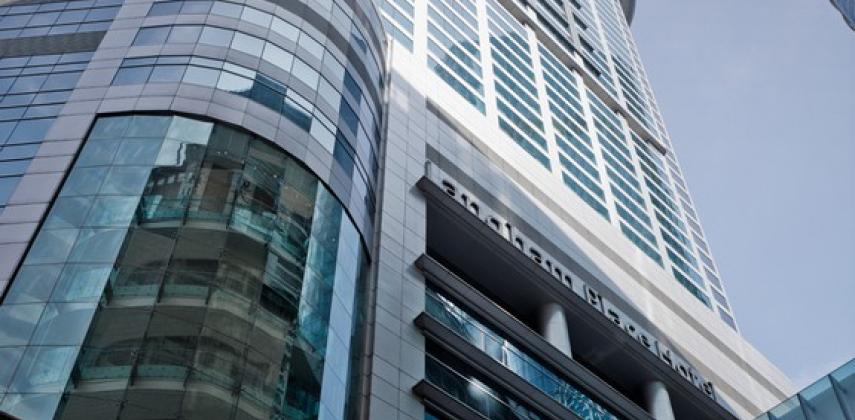Average occupancy is back to the levels of mid-2008, room rates are nudging towards their pre-crisis highs, and new properties are coming on stream, all of which is encouraging optimistic forecasts and the creation of new jobs.
Assessing figures for this year's first quarter, Felix Bieger, chairman of the Hong Kong Hotels Association (HKHA), has no hesitation in pronouncing them very good.
Performance is not simply ahead of last year, which is to be expected, but even matching the pace of 2008.
A quick comparison shows the overall occupancy rate for January and February this year hit 82 per cent (data for March is still being finalised), putting it ahead of the 81.5 per cent for the same period in 2008 and the 76 per cent of early last year.
With perhaps a hint of understatement, Bieger's forecast is that the next few months will be "not bad". The Shanghai Expo is likely to bring more people through Hong Kong and, with the global economy stabilising, everything points to a continued upswing in tourist and business arrivals.
"We can look forward to a fairly buoyant market," he says. "But still only 56 per cent of arrivals stay overnight. We hope that will change because [a few per cent more] sleeping in hotels could make quite a difference."
Elaborating further, James Lu Shien-hwai, the HKHA's executive director, confirms the considerable improvement of recent months has stretched across all categories. On average, first quarter room rates were up 5 per cent compared with last year and, with generally stronger economic activity, that acceleration looks sustainable.
"The thrust is there," Lu says. "Psychologically, people are now more prepared to travel, so there is renewed optimism within the sector."
He notes too a significant increase in the number of mainland visitors to Hong Kong. In February alone, the mainland market was up 49.4 per cent year-on-year, accounting for 70 per cent of total arrivals in that one month.
Importantly for the hospitality industry, the habits and preferences of mainland tourists are also changing. They are increasingly "seasoned" and more inclined to eat in hotels, trying international-style cuisine rather than looking outside for familiar hometown favourites.
This provides an additional boost for mid-tier hotels, and augurs well for soon-to-open properties offering comfortable accommodation at affordable prices, which fell within this bracket.
"By capitalising on the influx of Chinese visitors, these mid-tier hotels will end up doing good business," Lu says. "They are the backbone of the industry and their [new rooms and] rates will be absorbed by the market. Overall, we look at the China market as increasingly sophisticated and will act to develop it in the right way."
As a result, he notes, all the signs point to a continued pick-up in recruitment, with employers now looking for well-qualified candidates for a wide range of positions. Diana Chik Wai-ling, director of human resources at Langham Hotels International, is already gearing up for the challenge. The group's aim is to double - or even triple - in size in the next three to five years, with new properties opening in China, Thailand, India and elsewhere, as negotiations are concluded or opportunities arise.
Based in Hong Kong, Chik primarily oversees the hiring of executive-level staff. Her role is to help put together teams to run new hotels, and help out with the "mass recruitment" phase when necessary.
She notes that, as a matter of policy, the group looks to promote internally. Therefore, anyone with high mobility and relevant experience can expect good career prospects in the next few years.
"With the expansion, we will need people to do global sales, put in place feasibility studies for project development, and ensure total quality management," Chik says. "It is hard to get the right candidates, but it is rewarding when we do."


